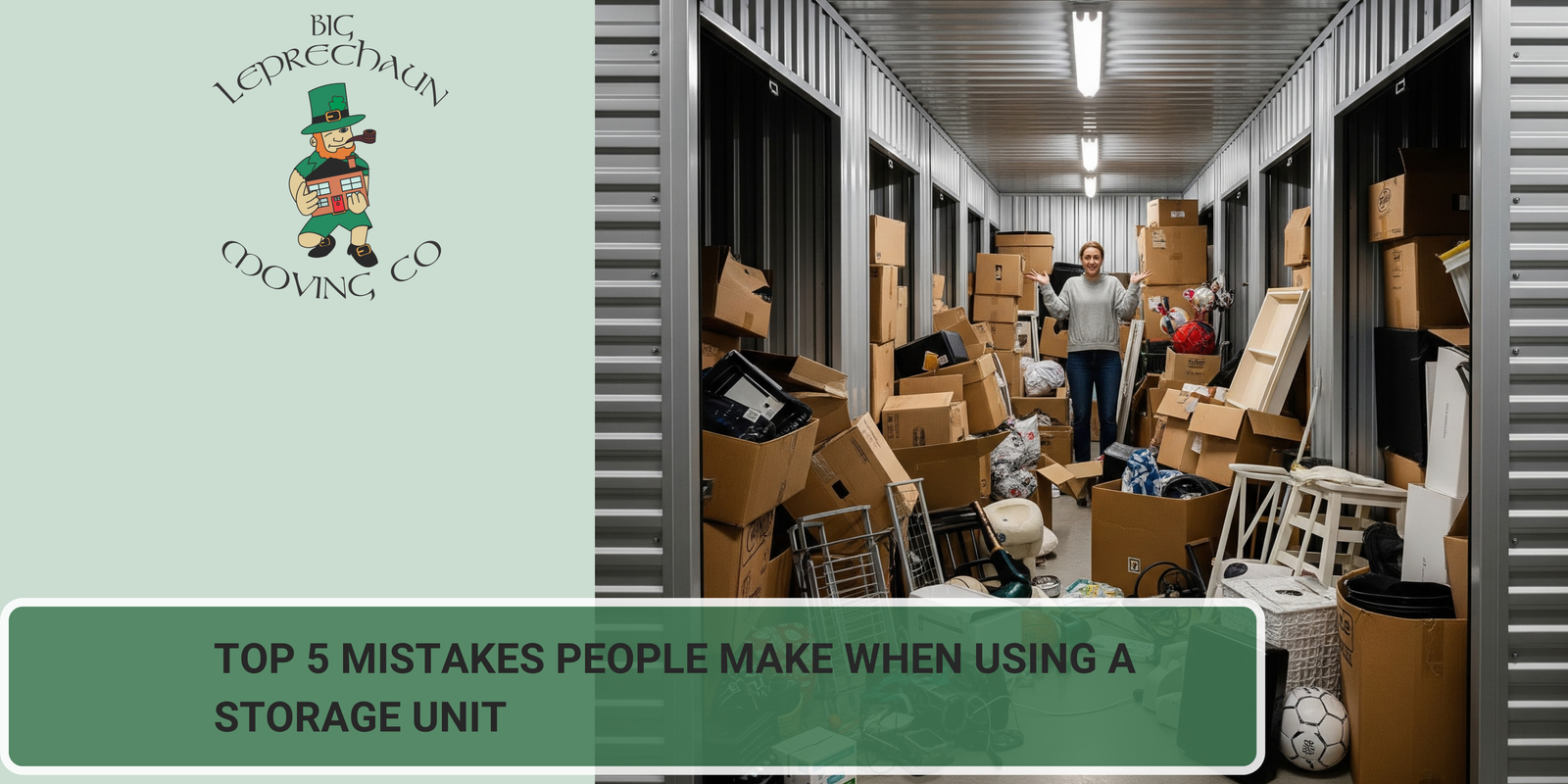A reliable mover ensures that your belongings reach their destination safely, on time, and within budget. But with countless options out there, how do you separate the dependable ones from the duds?
This guide will walk you through how to choose a reliable moving company with confidence and clarity.
1. Start with Research and Referrals
The best place to begin your search is by asking friends, family, or colleagues for recommendations. Word-of-mouth referrals often lead to trustworthy services. In addition, check online platforms such as Google Reviews, Yelp, and the Better Business Bureau (BBB) to see what others are saying.
When reading reviews, look for recurring themes—both positive and negative. A company with consistently good feedback for punctuality, care, and transparency is worth considering.
2. Verify Licensing and Insurance
One of the biggest red flags in the moving industry is an unlicensed company. Always check whether the moving company is properly licensed and insured.
- For interstate moves in the U.S., verify their USDOT number using the FMCSA website.
- For local moves, check with your state’s transportation or commerce department.
Insurance is equally important. Ask about valuation coverage to ensure your belongings are protected in case of damage or loss during transit.
3. Get Multiple In-Home Estimates
Don’t settle for a quote over the phone or via email. A reputable moving company will offer to perform a free, in-person or virtual estimate. This allows them to assess your inventory accurately and provide a fair, binding quote.
Aim to get at least three estimates so you can compare services and pricing. Be wary of companies that offer unusually low rates—it could be a bait-and-switch tactic
4. Understand the Services Offered
Not all moving companies are created equal. Some only handle loading and unloading, while others offer full-service moves that include packing, temporary storage, and even unpacking.
- Do you require packing materials?
- Will you need storage solutions?
- Are there specialty items like pianos or antiques?
Choose a mover that offers the right mix of services to suit your relocation needs.
5. Ask the Right Questions
When speaking with potential movers, don’t be afraid to ask detailed questions:
- How long have you been in business?
- Are your workers employees or subcontractors?
- What is your cancellation policy?
- Do you have experience with my type of move (e.g., high-rise apartment, long-distance, or commercial)?
The answers will help you gauge professionalism and experience.
6. Look for Transparent Pricing
A reliable moving company should provide a clear breakdown of costs, including:
- Hourly labor rate
- Mileage charges
- Packing materials
- Additional fees for stairs, heavy items, or long carry distances
Avoid movers that give vague estimates or demand large cash deposits upfront. Transparency is key to avoiding hidden charges on moving day.
7. Check Their Track Record
You can learn a lot from a company’s history. Use resources like:
- Better Business Bureau (BBB) to check for complaints or unresolved disputes.
- Department of Transportation (DOT) to see safety and compliance records.
A strong, positive track record is a great indicator of a company’s reliability and customer satisfaction.
8. Read the Contract Carefully
Before signing anything, carefully read the moving contract. Make sure it includes:
- Inventory list
- Moving date and delivery window
- Pricing terms (flat rate or hourly)
- Liability coverage details
If something feels unclear or rushed, take the time to ask for clarification. A good mover will never pressure you into signing.
9. Consider Professional Affiliations
Reputable moving companies often belong to industry associations like:
- American Moving & Storage Association (AMSA)
- International Association of Movers (IAM)
- State-specific movers’ associations
Membership in these organizations shows a commitment to high standards and ethical practices.
10. Trust Your Instincts
Finally, trust your gut. If a company seems disorganized, avoids your questions, or behaves unprofessionally, move on. Choosing a moving company is as much about trust as it is about logistics.
Conclusion
Choosing a reliable moving company doesn’t have to be overwhelming. By doing your research, asking the right questions, and trusting credible sources, you’ll increase your chances of having a smooth, stress-free move. Remember: the cheapest option isn’t always the best. Focus on value, service quality, and customer care








One Response